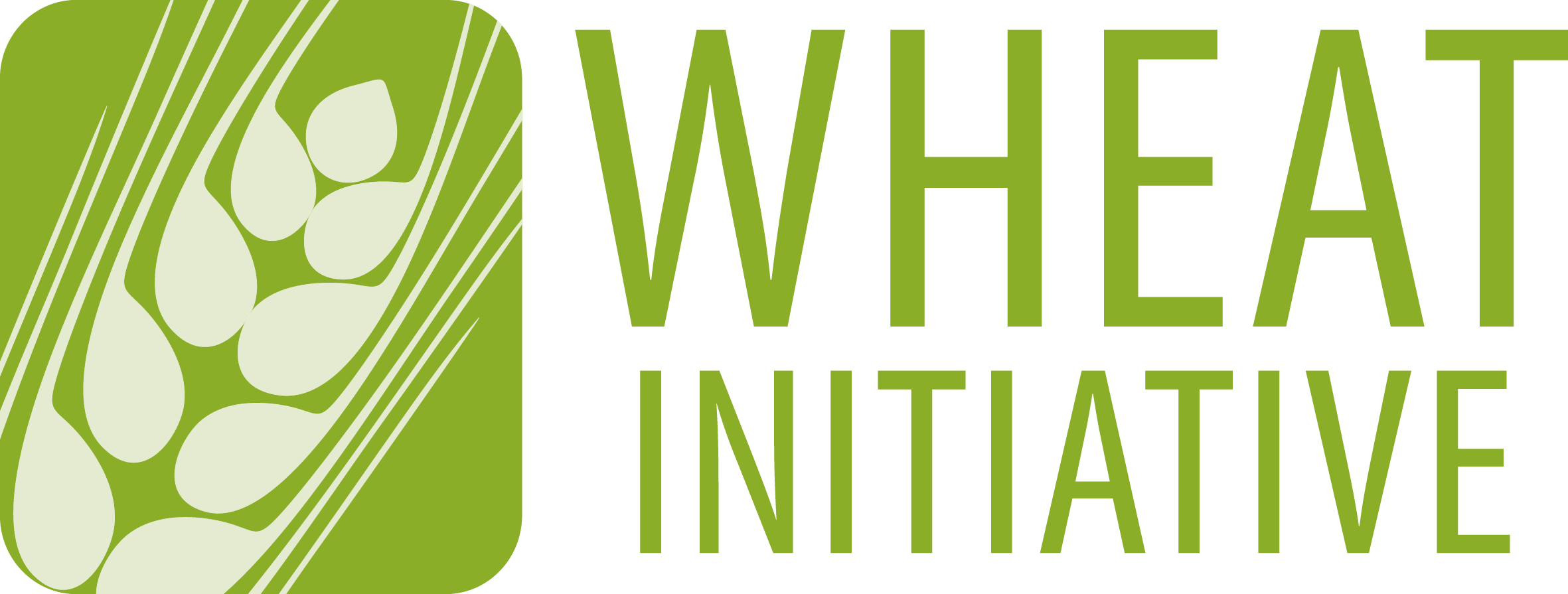Is sufficient resistance to Fusarium head blight in durum wheat truly achievable?
Fusarium head blight (FHB) is a widespread disease, resulting in grain yield losses and drastic grain quality deterioration because of mycotoxin contaminations, particularly in the form of deoxynivalenol (DON), the predominant and most economically important mycotoxin for wheat. F. graminearum is the main causal agent of FHB worldwide. In the last years Fusaria increase their spread and accumulate more of their related mycotoxins on durum wheat grain production at maturity. Although variation for resistance to FHB is known, no wheat variety is completely immune and durum wheat is particularly and almost universally highly susceptible to FHB. In the resistance or tolerance response to FHB, several biochemical components are involved and different quantitative traits (quantitative trait loci, QTL) capable of controlling this disease have been identified.
The meeting organised by the Expert Working Group on Durum Wheat Genomics and Breeding will present an overview of the most significant advances in genetic/genomic research on tolerance to FHB in durum wheat and will promote a discussion on future perspectives on their application in breeding practices to effectively improve durum wheat tolerance and reduce the accumulation of mycotoxins in grain.
On the second day, the meeting will also present an update on the most recent advances in durum wheat genomics, focusing on the ‘Svevo’ platinum quality reference genome and on the tetraploid wheat pangenome.
The meeting will start on October 17th at 9 am and will close on 18th at 2 pm.
Participants working in the field of fusarium head blight in wheat are
invited to submit an abstract of max 400 words to:
Anna Maria Mastrangelo (annamaria.mastrangelo(a)crea.gov.it)
before September 15th.
To attend this meeting pre-registration is mandatory. Please pre-register in the following link:

